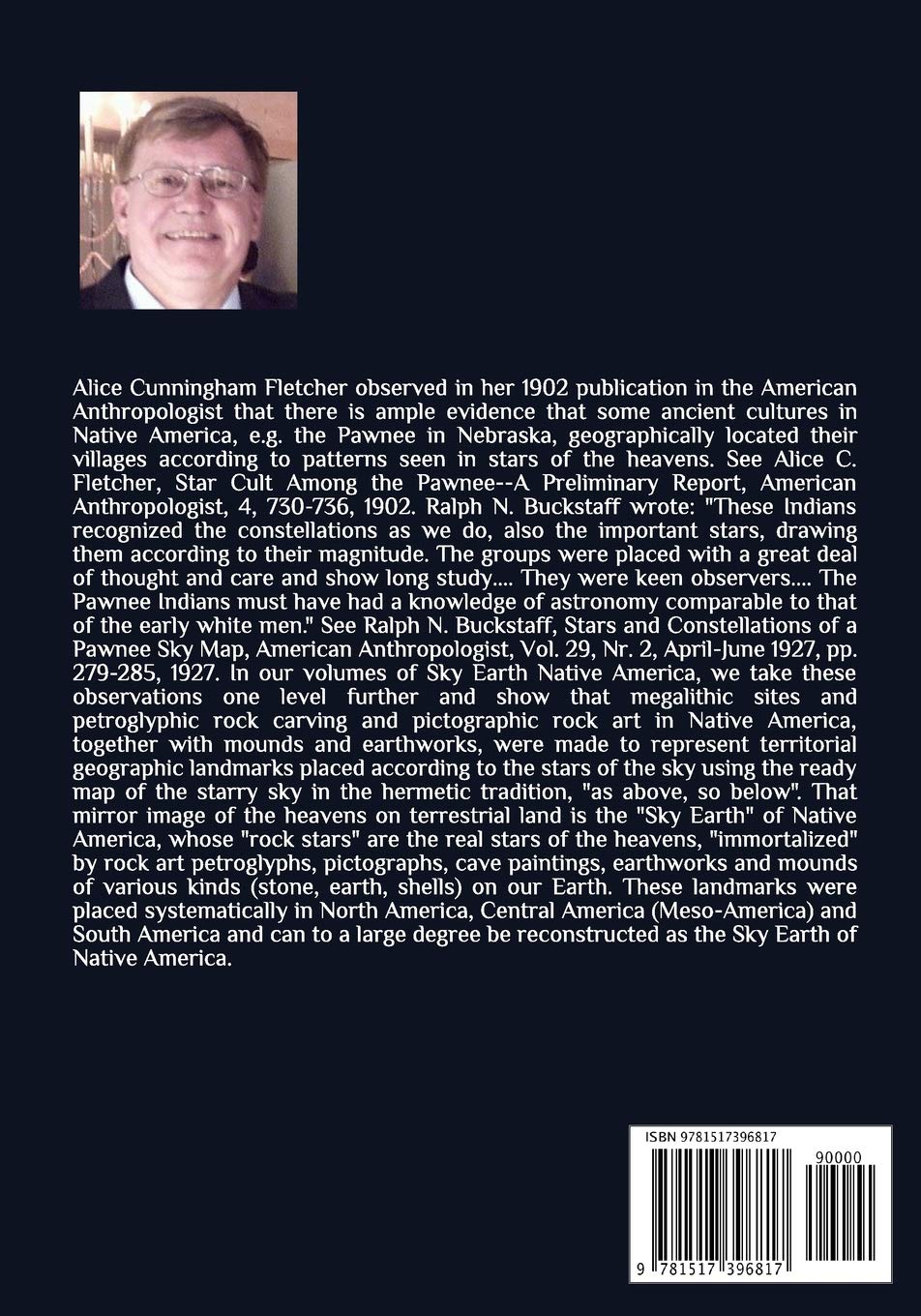Mitch Stoltz at the Electronic Frontier Foundation (EFF) in No One Owns The Law. Everyone Owns The Law reports on the rather strange case of copyright suits by private standards development organizations (SDOs) against Public.Resource.Org for publishing privately developed standards that have been incorporated into laws.
Who owns the law? It is of course quite clear that Public.Resource.Org must emerge victorious and that the intellectual property trolls, no matter what their private standing in terms of standards development, must lose. Laws ultimately made belong to the people, ALL the people.
We might add that if actual copyright issues existed, then private standards organizations would have to sue the lawmakers for copyright infringement -- which would be a daunting -- and hopeless -- task.
If a standard is incorporated into a law,
it becomes public domain.
That should be the end of story.
However, given the many well-meaning but often misled judges out there, even at the highest levels of the judiciary, we will have to await their decision and the running of the appeals process, if required.
After all, if this case were in the hands of the Federal Circuit, for whom nearly everything appears to be a legitimate golden goose for greedy private interests, especially in patent law, Public.Resource.Org would surely lose.
"Where there is no vision, the people perish: but he that keepeth the law, happy is he."
-- Proverbs 29:18, King James Bible (KJV)
-- Proverbs 29:18, King James Bible (KJV)
Tuesday, January 26, 2016
Drone Law and More at Sky Earth Drones
"Drone Law" is such a significant new and rapidly expanding area of legislative importance as also administrative legal rulemaking by federal agencies that we have created a special new blog about the world of drones, multicopters, quadcopters, hexacopters, UAVs, UASs, i.e. unmanned aerial vehicles and systems, as well as manned aerial drone-like vehicles.
We have given the blog the name
Sky Earth Drones.
Take a look.
We have given the blog the name
Sky Earth Drones.
Take a look.
Sunday, January 17, 2016
Cyberpolarization, Misinformation & Choice Tyranny in the Disinformation Age: Our Potentially Transformative Digital Technology Fails Increasingly While the Legal System Sits Idly By
Pulitzer Prize winning writer Elizabeth Kolbert has a seminal piece at the New Yorker titled
The Things People Say: Rumors in an Age of Unreason
Many people think that the Internet viz. World Wide Web is a transformative technology that IMPROVES the exchange of information in a democratic process.
But there is a lot of contrary evidence, Kolbert quoting Cass Sunstein, that:
This kind of "selective information" is on the increase. For example, Internet portals and apps increasingly filter information, giving people only what they want or think they want, e.g. selective advertising. Examine, e.g., how Amazon "trims" your choices.
At ESPN, we are angered by the way the user is channeled to selective information on the mobile website, so much so, that it is often next to impossible to find the information being sought. Indeed, many mobile versions of Web pages are virtually useless for effective information search, to say the least, and ESPN is a good example.
Similarly, at Yahoo! we criticized the hopeless fairly recent changes of previously excellent sports and other page formats such as Yahoo! Groups, but such criticisms fell on deaf ears. For years, we pointed out to Yahoo! that, without notice, they truncated group posting titles (otherwise accepted in draft from) without an easy way being made available for the user to know what length of title is actually permissible. Moreover, who wants an Email portal containing such invasively animated advertising that it completely distracts the user from his task of writing whatever he is writing and thinking. Never has there been an answer to these complaints. Now the company is in dire financial straits. Frankly, they deserve to go. When user choice is ignored, you lose, ultimately.
The same negative development holds true for operating systems such as Windows 10 which cuts down the software programs that users have available or even deletes them without user permission and by default replaces default apps, without permission, that users have used for years.
Not only are tried and true programs for certain extensions replaced in favor of Microsoft choices in Windows 10, but the programmers at Redmond have intentionally made a return to the old, preferred settings as difficult as possible. That is surely one reason why Windows 10 was offered "for free". We would never pay good money for this operating system fiasco and are strongly investigating the best possible Linux alternatives. Moreover, given a world trending toward handhelds, a world dominated by Android, one must ask whether Microsoft Windows is necessary. For most people, not. Not when they are being denied the freedom of choice or are being forced against their will.
Another example of the denial of choice is the language-based redirection of users by Google from their chosen URL to some other URL based upon the language of their operating system or browser. Users should be asked to exercise their choices. Just because we are located in Germany does not mean we want a German-language page or German-language advertising. Ask the user!!!!! And frankly, that principle should be made THE LAW.
However, it is not "more choice", but "much less choice" that is the clear trend.
The whole development is frightening and is as good as not being addressed by the legal community, whose leading lights, i.e. legislators, judges, academics, practitioners, etc. are doing what???? That is the question.
Many people think that the Internet viz. World Wide Web is a transformative technology that IMPROVES the exchange of information in a democratic process.
But there is a lot of contrary evidence, Kolbert quoting Cass Sunstein, that:
"[A]t the same time that [the Web] makes more [information] available, it also makes more [information] avoidable.... The most striking power provided by emerging technologies ... is the "growing power of consumers to 'filter' what they see."It is of course not only consumers who do this, but whole fields of academics e.g. who prefer to put on the blindered glasses of Google Scholar for selective information rather than be confronted with the rest of the world.
This kind of "selective information" is on the increase. For example, Internet portals and apps increasingly filter information, giving people only what they want or think they want, e.g. selective advertising. Examine, e.g., how Amazon "trims" your choices.
At ESPN, we are angered by the way the user is channeled to selective information on the mobile website, so much so, that it is often next to impossible to find the information being sought. Indeed, many mobile versions of Web pages are virtually useless for effective information search, to say the least, and ESPN is a good example.
Similarly, at Yahoo! we criticized the hopeless fairly recent changes of previously excellent sports and other page formats such as Yahoo! Groups, but such criticisms fell on deaf ears. For years, we pointed out to Yahoo! that, without notice, they truncated group posting titles (otherwise accepted in draft from) without an easy way being made available for the user to know what length of title is actually permissible. Moreover, who wants an Email portal containing such invasively animated advertising that it completely distracts the user from his task of writing whatever he is writing and thinking. Never has there been an answer to these complaints. Now the company is in dire financial straits. Frankly, they deserve to go. When user choice is ignored, you lose, ultimately.
The same negative development holds true for operating systems such as Windows 10 which cuts down the software programs that users have available or even deletes them without user permission and by default replaces default apps, without permission, that users have used for years.
Not only are tried and true programs for certain extensions replaced in favor of Microsoft choices in Windows 10, but the programmers at Redmond have intentionally made a return to the old, preferred settings as difficult as possible. That is surely one reason why Windows 10 was offered "for free". We would never pay good money for this operating system fiasco and are strongly investigating the best possible Linux alternatives. Moreover, given a world trending toward handhelds, a world dominated by Android, one must ask whether Microsoft Windows is necessary. For most people, not. Not when they are being denied the freedom of choice or are being forced against their will.
Another example of the denial of choice is the language-based redirection of users by Google from their chosen URL to some other URL based upon the language of their operating system or browser. Users should be asked to exercise their choices. Just because we are located in Germany does not mean we want a German-language page or German-language advertising. Ask the user!!!!! And frankly, that principle should be made THE LAW.
However, it is not "more choice", but "much less choice" that is the clear trend.
The whole development is frightening and is as good as not being addressed by the legal community, whose leading lights, i.e. legislators, judges, academics, practitioners, etc. are doing what???? That is the question.
Subscribe to:
Comments (Atom)
°°°°°°°°°°°°°°°°°°°°°°°°°°°°°°°°°°°°°°°°°°
Native American Rock Art Petroglyphs Pictographs
Deciphered as Land Survey & Astronomy by Andis Kaulins
paperbacks in color print
Volume 1, 2nd Edition, 266 pages
ISBN: 1517396816 / 9781517396817
Volume 2, 2nd Edition, 262 pages
ISBN: 1517396832 / 9781517396831
Sky Earth Native America Volume 1-----------Sky Earth Native America Volume 2
by Andis Kaulins J.D. Stanford by Andis Kaulins J.D. Stanford
(front cover(s))
 ------
------
(back cover with a photograph of the author and book absract text)
